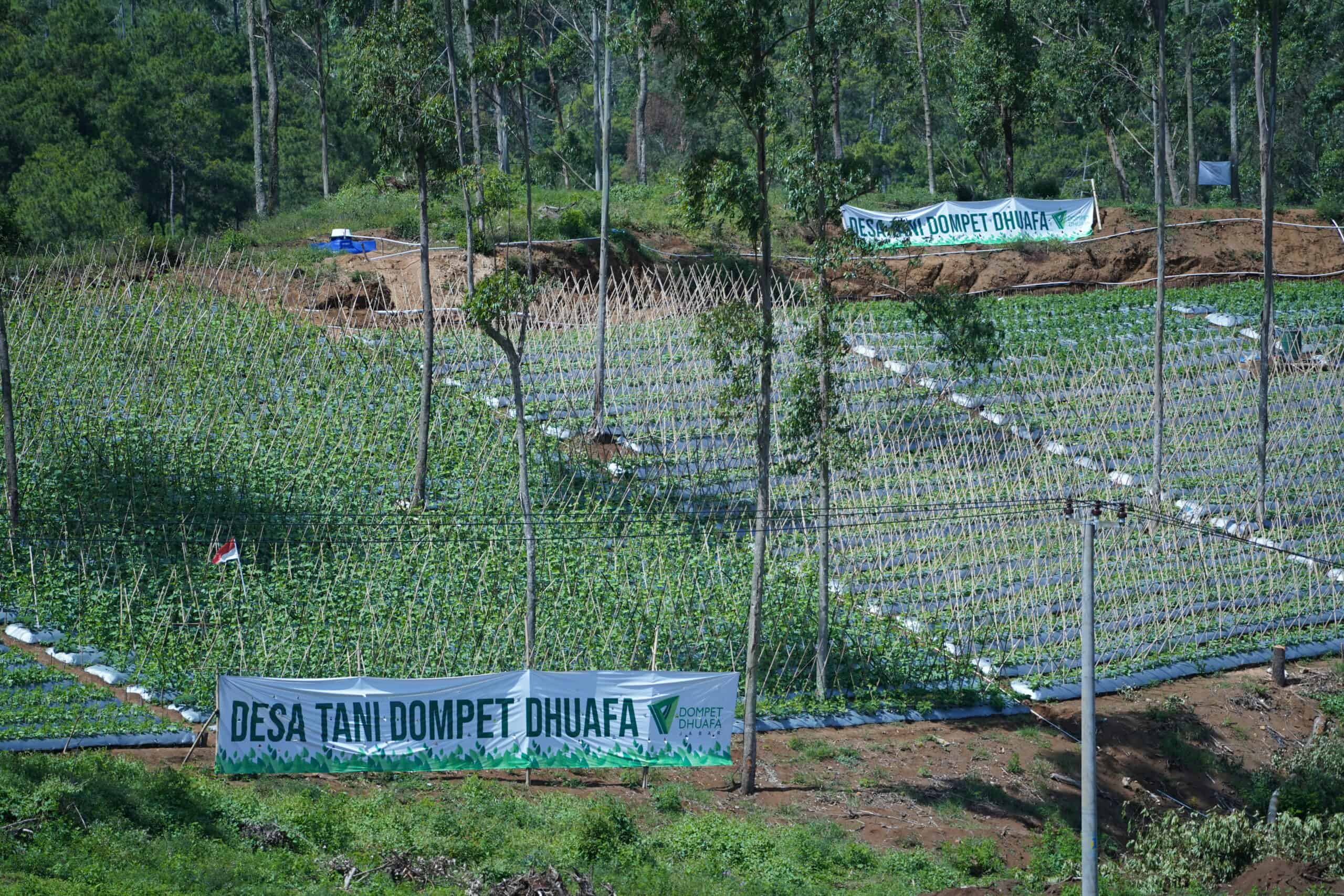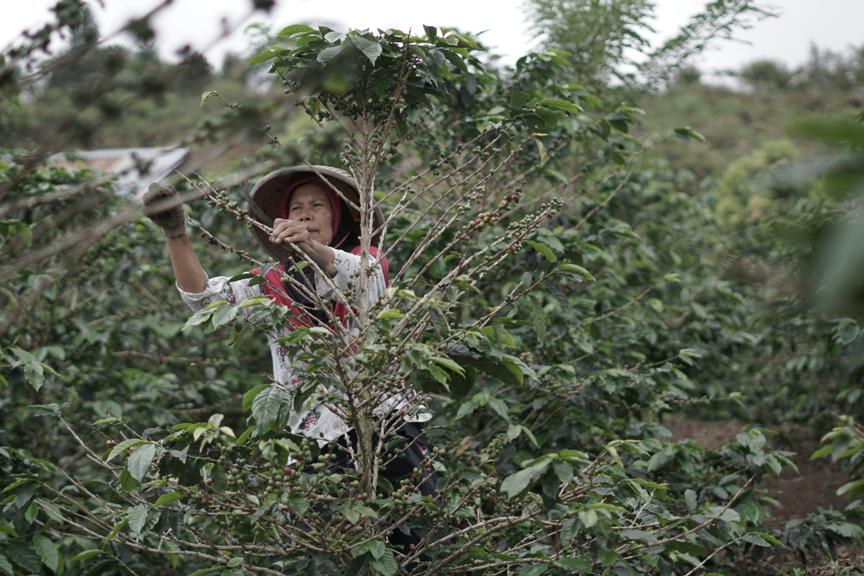JAKARTA – Poverty is a fundamental problem faced by all nations, including Indonesia. Zakat has an essential role in overcoming the problem of poverty. One of them is overcoming poverty by giving productive zakat. The productive distribution of zakat funds is to change the recipient’s condition (mustahik) into the payers of zakat (muzakki). Turning Mustahik into Muzakki is echoed by Dompet Dhuafa through community empowerment programs.
The empowerment program developed by Dompet Dhuafa uses the latest productive methods because productive zakat management can provide more optimal results to improve community welfare.
Dompet Dhuafa Program Director Bambang Suherman revealed that the empowerment provided by Dompet Dhuafa is no longer just about providing the ability to manage capital and make products for the community but being able to access the market at reasonable transaction prices for them.

“The Dompet Dhuafa Empowerment Program formulates today’s institutional empowerment program with the concept of area-based empowerment and developing commodity-based production capabilities with high economic value. The results have been proven in several regions in Indonesia to increase the level of income of the community, higher than the Regional Minimum Wage/Payment (UMR) of their region,” Bambang told Dompet Dhuafa on Tuesday (11/4/2023).
The Area of self-empowered (Kawasan Mandiri Berdaya or MADAYA) Dompet Dhuafa is an intensification approach to area-based community empowerment programs. Empowerment is carried out in an area-determined perimeter based on ecological geography or government administration. The multi-thematic program includes economic empowerment, education, health, socio-culture and da’wah. The region is also a disaster response area and a model for environmental awareness-based management and climate change adaptation.

“For example, what was held in the village with the vegetable farming program changed people’s income from 1.5 million per month on average to 2.7 million in the early stages, and today it has grown to 5.4 million, and some are even 7.2 million per month on average,” he added.
The program’s implementation uses a philantropreneur approach, which is a program with three stages: mustahik assistance, institutional strengthening of partnerships, and the National Alliance of Social Enterprises. This program manages mustahik into muzakki with good social enterprise management skills. Social enterprises are also used as capital for the development of productive endowments.

“Alhamdulillah, of course, this convinces us that zakat can turn mustahik into muzakki and change people’s standard of living. Furthermore, other thematic programs will be developed based on education, health and environmental and cultural development areas that make an empowerment area-wide so that the changes we expect from mustahik behavior and life status can become sustainable muzakki,” added Bambang. (Dompet Dhuafa/Anndini Dwi P)



